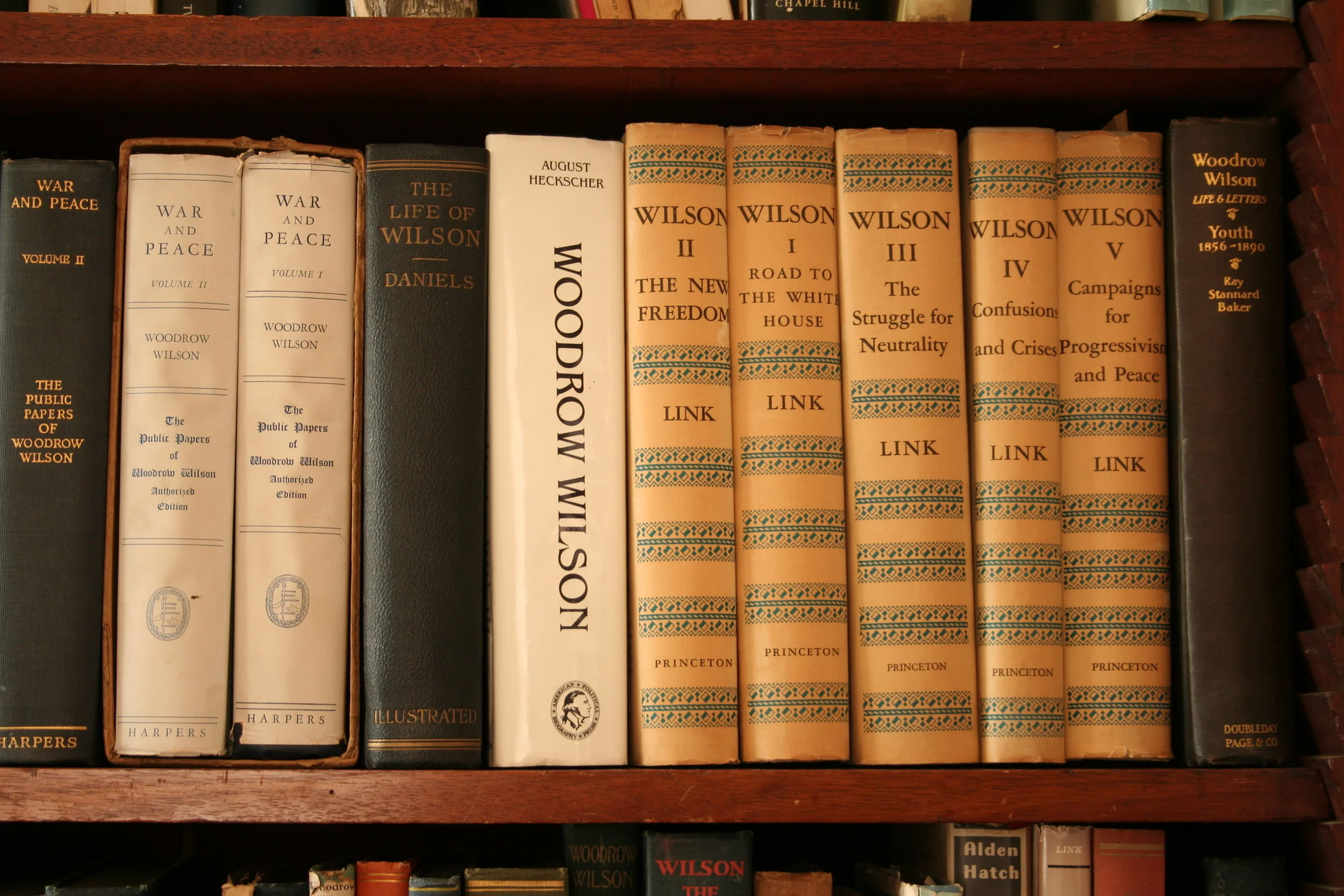The Rufus W. Sprague Jr. Papers
/Just last year I was reviewing some shelves in the processing room that normally have a book cart standing in front of them. What I remember is that I was looking for a box of pictures that had been misplaced. Instead, I found two beat-up boxes that seemed to hold a bunch of old forms. Some of them were in different languages. The “Murlison Collection” did not look very promising, but we are trying to finish up any processing backlog that remains scattered about the various rooms of the archives. So we set to work.
Further examination showed that the battered folders contained a lot of material about foreigners in the United States, particularly Germans. So, we did some research and found that the name mentioned most often in the letters, Rufus Sprague, had been appointed as special assistant to the Attorney General for the Port of New York. Sprague was in charge of enemy regulations for the largest port for immigration in the United States. No description of the collection or the circumstances of its accession could be found other than the name of the donor, Murlison.
There are a lot of forms and publications, but these cover the materials used by an administrator handling one of the most contentious issues for the United States in World War I, what to do with the many immigrants in the country who came from nations that were now belligerent. Looking through the folders, we can see Sprague developing policies, publicizing the new ways that things will be done, and creating the tools to make them possible.
Not only did he deal with immigrants, but also alien residents and the regulations and authority that the government had to define anew in dealing with them during wartime.
We can see how thorny the problems were, and how the Wilson Administration sought to understand what they should do and how to train people to do it.
They even researched what the British did with the German soldiers they had captured, perhaps in preparation for ultimately rounding people up if necessary. Though the collection contained very little in terms of personal records or communications, it should be clear that this is a great resource for any scholar working on the issues of the United States and how it dealt with its foreign-born populations in the midst of war.
Former employee and long-time volunteer, Danna Faulds, put in the many hours to organize this material and describe it all in a comprehensive finding aid. Unfortunately, we have just begun planning the process of scanning and cataloging each individual item to make them available online, that is why it is not possible to link to any of these illustrations yet. Soon we will have some new interns, though, to help us bring the Sprague Papers to the wider world.










